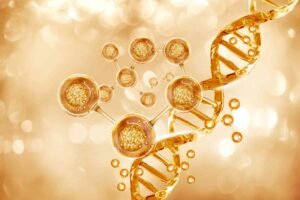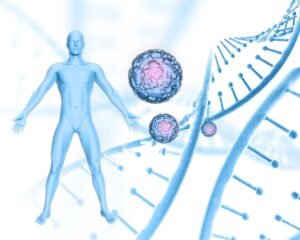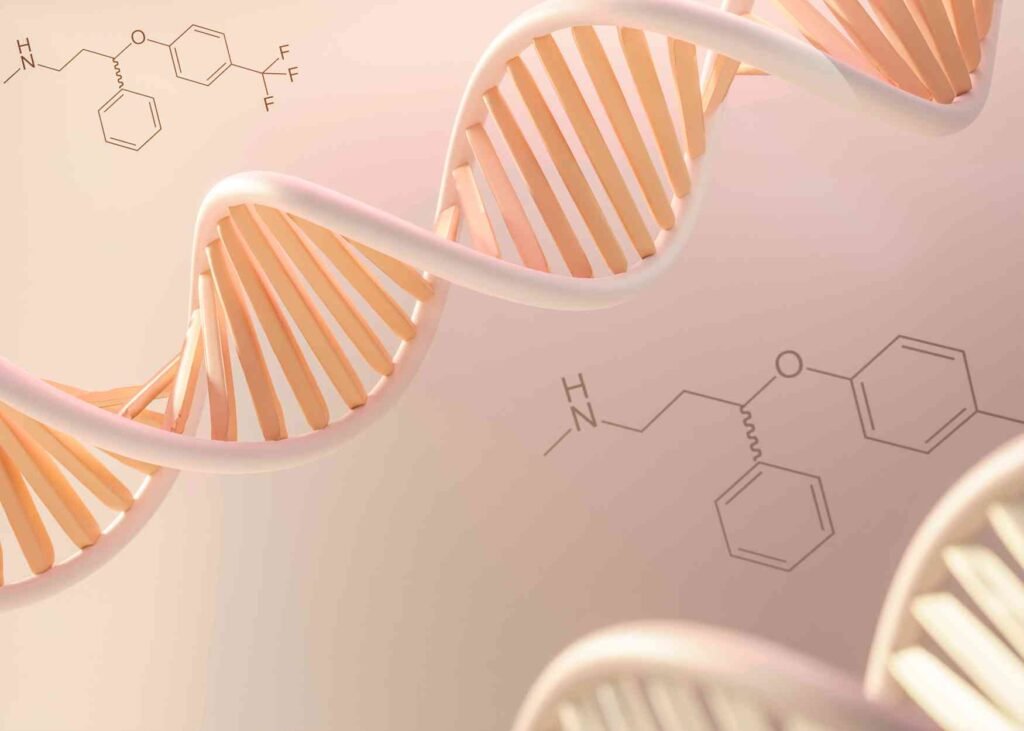The Role of Male Hormones In Fertility
Understanding Male Hormones and Their Impact on Fertility
When discussing fertility, the focus often centers on women, but male fertility is equally crucial. Male hormones play a pivotal role in reproductive health, influencing everything from sperm production to sexual function. Understanding how these hormones work can provide insight into male fertility and potential issues that may arise.

Key Male Hormones Involved in Fertility
Testosterone: The Primary Male Hormone
Testosterone is the principal male sex hormone responsible for developing male reproductive tissues and secondary sexual characteristics. It plays a significant role in sperm production, libido, and overall sexual health. Low testosterone levels can lead to decreased sperm production and sexual dysfunction, impacting fertility.
Follicle-Stimulating Hormone (FSH): Stimulating Sperm Production
FSH is produced by the pituitary gland and is essential for spermatogenesis—the process of sperm production. It stimulates the Sertoli cells in the testes, which are crucial for nurturing developing sperm cells. Abnormal FSH levels can indicate issues with sperm production.
Luteinizing Hormone (LH): Triggering Testosterone Production
LH, also produced by the pituitary gland, stimulates the Leydig cells in the testes to produce testosterone. This hormone is vital for maintaining adequate testosterone levels, which in turn support sperm production and sexual function.
Prolactin: Balancing Reproductive Hormones
While prolactin is more commonly associated with lactation in females, it also plays a role in male fertility. Elevated prolactin levels can disrupt the balance of male hormones, leading to decreased testosterone levels and potential fertility issues.

How Male Hormones Interact to Support Fertility?
The hypothalamic-pituitary-gonadal (HPG) axis is a complex system that regulates the production and balance of male hormones. The hypothalamus releases gonadotropin-releasing hormone (GnRH), which prompts the pituitary gland to secrete FSH and LH. These hormones then act on the testes to stimulate sperm and testosterone production.
Any disruption in this axis—such as hormonal imbalances or dysfunctions in the hypothalamus, pituitary gland, or testes—can lead to fertility issues.

Factors Affecting Male Hormone Levels and Fertility
Age and Hormonal Decline
As men age, testosterone levels naturally decline, which can impact sperm production and sexual function. This decline can contribute to decreased fertility in older men.
Lifestyle and Environmental Factors
Several lifestyle choices and environmental exposures can affect male hormone levels and fertility:
- Diet and Nutrition: Poor nutrition can lead to hormonal imbalances.
- Exercise and Physical Activity: Regular exercise supports healthy hormone levels, while excessive training can have the opposite effect.
- Stress: Chronic stress can disrupt the HPG axis, leading to hormonal imbalances.
- Exposure to Toxins: Environmental toxins and endocrine disruptors can negatively impact hormone production and fertility.

Medical Conditions and Medications
Certain medical conditions, such as hypogonadism, and medications, including anabolic steroids and some antidepressants, can interfere with hormone production and fertility.
Diagnosing and Treating Hormonal Causes of Male Infertility
Hormonal Testing
Evaluating hormone levels through blood tests is a critical step in diagnosing male infertility. Tests typically measure levels of testosterone, FSH, LH, and prolactin to identify any imbalances or dysfunctions.
Treatment Options
Treatment for hormonal infertility depends on the underlying cause:
- Hormone Replacement Therapy: Used to correct deficiencies in testosterone or other hormones.
- Medications: Drugs like clomiphene citrate can stimulate the pituitary gland to increase FSH and LH production.
- Lifestyle Modifications: Improving diet, increasing physical activity, reducing stress, and avoiding toxins can enhance hormone levels and fertility.
- Surgical Interventions: In cases where structural issues affect hormone production, surgery may be necessary.
Conclusion
Male hormones are integral to fertility, influencing sperm production, sexual function, and overall reproductive health. Understanding the roles of testosterone, FSH, LH, and prolactin can help identify and address fertility issues. Through proper diagnosis and treatment, many hormonal causes of male infertility can be effectively managed, improving the chances of conception.




